
OR
COVID-19
14 days' isolation required even after discharge from hospital: Chinese doctors
Published On: March 29, 2020 11:43 AM NPT By: SHREE RAM SUBEDI
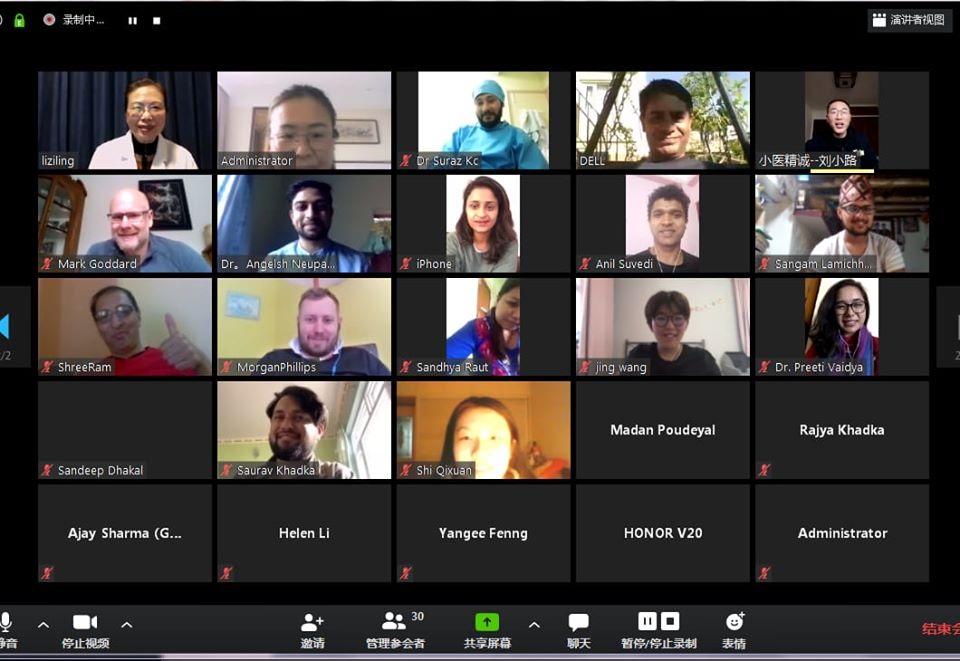
KATHMANDU, March 29: Amid concerns that researchers have not been able to make vaccines universally applicable to every patient battling Covid-19, doctors from China and Nepal on Saturday shared their experiences of medical treatment and containment of the deadly virus via a video conference.
As of Saturday, a total of 81,394 cases of coronavirus cases were reported in China with a death toll of 3,295. A total of 74,971 have recovered from the virus in China, which is 96 per cent of the total cases. China has contained the spread of virus with few imported cases recently. In Nepal, a total of five coronavirus cases have been reported as of Saturday, with one patient already recovering and other four undergoing treatment.
Dr Liu Xiaolu, a physician and deputy director of the emergency ward of the Traditional Chinese Medicines Hospital in Minhang District, Shanghai, pointed out to the need of isolation for at least 14 days even after a patient is discharged from the hospital.
“They also need a follow-up in second and fourth weeks after the discharge,” Dr Liu said.
Asked if there would be second wave of virus infections in China, Dr Liu said, “I don't think that there would be a second wave of infections.” However, he said that new cases recorded in China were imported from outside.
Another doctor Li Zililng, who is also an expert member of the New Coronary Pneumonia Prevention Group of Shanghai Minhang District, said that the chances of re-infection of the new coronary pneumonia is extremely low.
“Once the human body gains immunity against the virus, the chance of re-infection is very small,” he said, adding that, “There is a need of further research whether the new coronavirus can persist in the human body for a long time.”
Dr Liu added that the blood of the recovered patient has been found useful in treating the disease in China. “It has been found the blood plasma treatment is useful but not in serious cases,” he said.
According to the World Health Organization, Chinese and Japanese researchers are experimenting with the use of serums – injecting coronavirus-infected patients with blood plasma from recovered patients – as a potential antidote, with encouraging results.
Interestingly, Dr Liu informed that the virus was found in other parts of the dead human body. “The post mortem showed that the virus has reached different organs of the dead body of the infected person.”
He also informed that coronavirus can survive for 5 days at a temperature of 20 degrees Ccentigrade and 40 per cent humidity.
“The virus spreads only via the mucus membrane of the respiratory tract and it does not penetrate the skin,” Dr Liu who is responsible for the evaluation and diagnosis of the critically ill patients at the Minhang Hospital said.
He recommended the frontline health workers in Nepal to pay proper attention to personnel hygiene and use of personnel protective equipment (PPE).
“Nepalese doctors have learnt a lot from the Chinese experience,” he said, adding, “A prophylaxis dose of thymopentine every week can enhance the immunity of the health workers, along with the use of traditional Chinese herb.” However, he did not provide the details about the herb.
At the beginning there were more than 3,000 infected medical staff in Wuhan due to various reasons such as insufficient protection, awareness and equipment, Dr Li earlier said, adding, “After providing the isolation clothing, N95 mask, goggles, and gloves before entering the isolation ward, no health worker got infected.”
Also, a nurse Niu Jinyan from Bethune Hospital affiliated to Shanxi Medical University who is specialized in nursing critically ill patients shared her experience about hygiene and protection. “Personnel care and disinfectant has to be managed with utmost importance and in minute details,” she said, relating to her experience in Wuhan.
“The conference has served as an excellent avenue to understand the proper use of antiviral medications with antibiotics,” President of the Arniko Society Dr Sarbottam Shrestha said. “We are planning such knowledge sharing events on specific themes soon,” he said.
The two-hour long video conference entitled, “China Nepal Pandemic Prevention and Control: Online Communication and Exchange conference” was attended by over 50 Nepalese doctors and representatives of different hospitals, social organizations and media personnel. The conference was organized jointly by Rainbow Volunteer Group, Peaceland Foundation of China, Arniko Society and Gansu Rainow Public Welfare Society, Gansu.
You May Like This
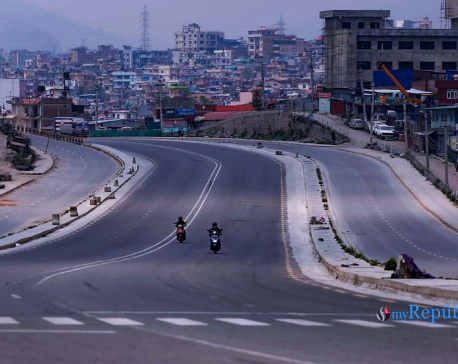
IN PICS: 21st day of lockdown
KATHMANDU, April 13: As the nationwide lockdown entered its 21st day today, 14 cases of coronavirus have been reported across the... Read More...
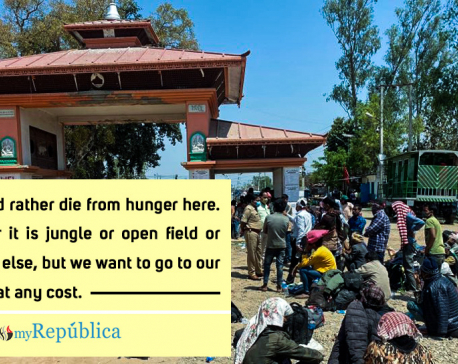
Nepalis sneak into Nepal from India defying lockdown; say they’d rather die in their homeland (with photos)
NEPALGUJ, April 1: Several attempts made by the local administration to restrict the entry of Nepali nations to their homeland... Read More...
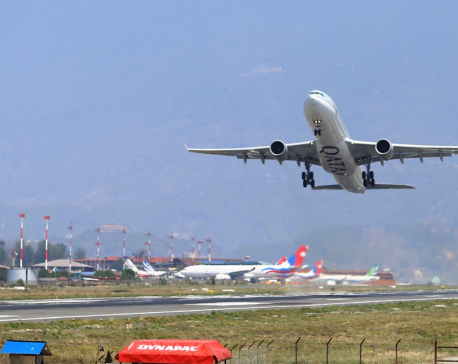
307 foreigners flown out of Nepal
KATHMANDU, March 28: A total of 307 foreigners nationals left here on a Qatar Airways aircraft on Friday. ... Read More...



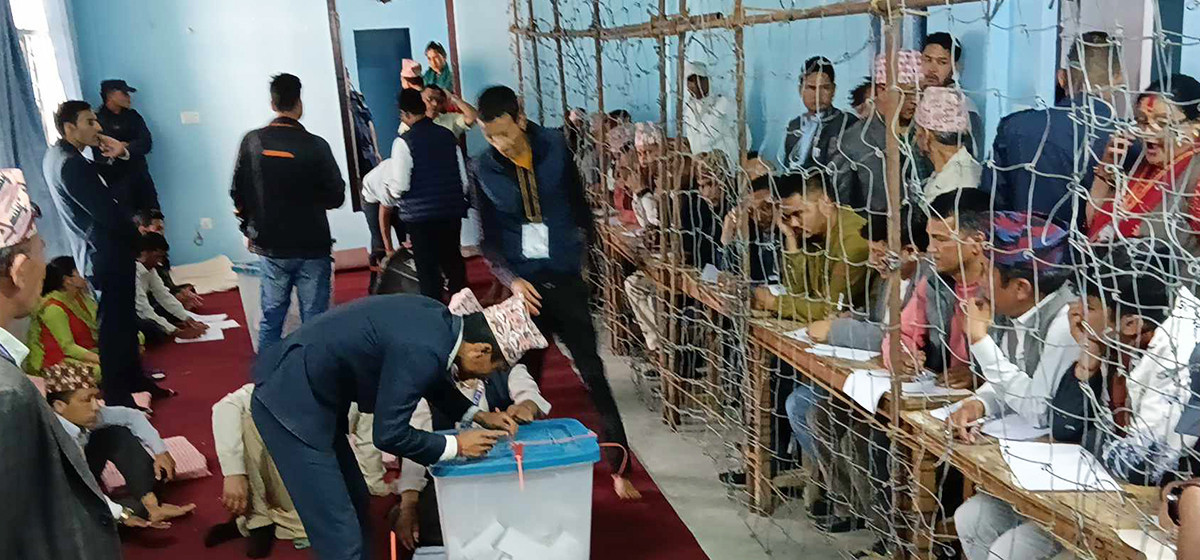
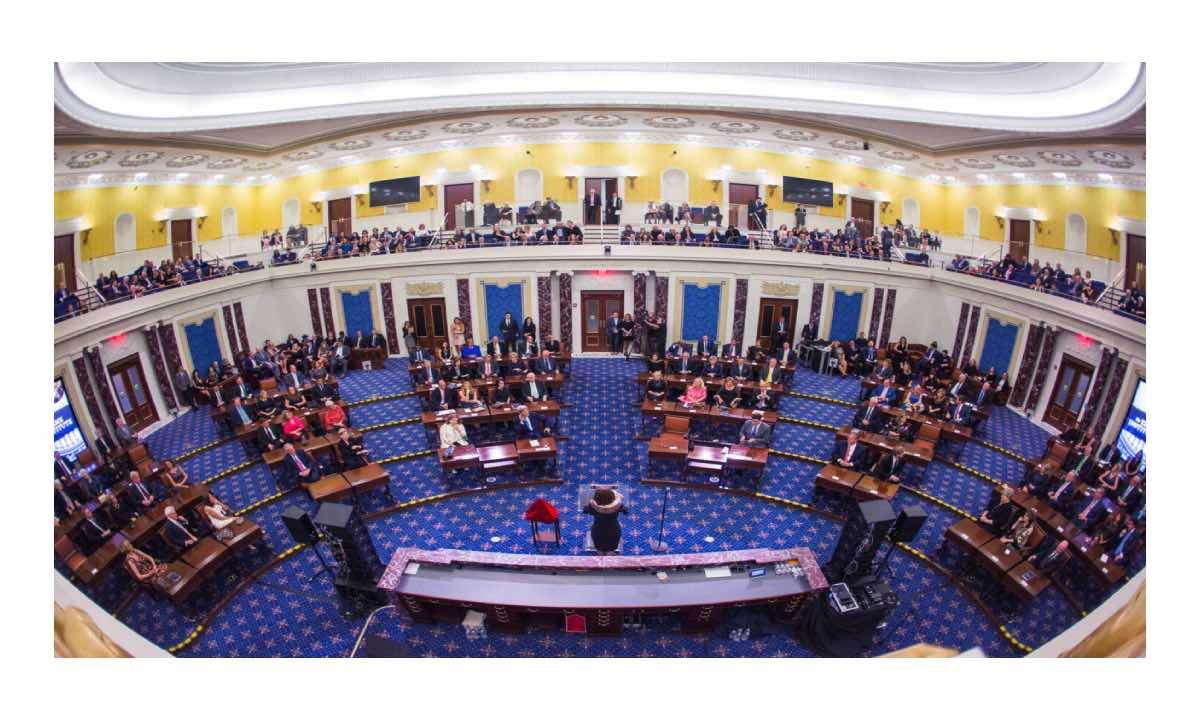
Just In
- Bajhang by-election update: NC candidate ahead by 249 votes
- Aid for war: On the United States Senate and aid package
- NEA Provincial Office initiates contract termination process with six companies
- Nepal's ready-made garment exports soar to over 9 billion rupees
- Vote count update: UML candidate continues to maintain lead in Bajhang
- Govt to provide up to Rs 500,000 for building houses affected by natural calamities
- China announces implementation of free visa for Nepali citizens
- NEPSE gains 14.33 points, while daily turnover inclines to Rs 2.68 billion












Leave A Comment